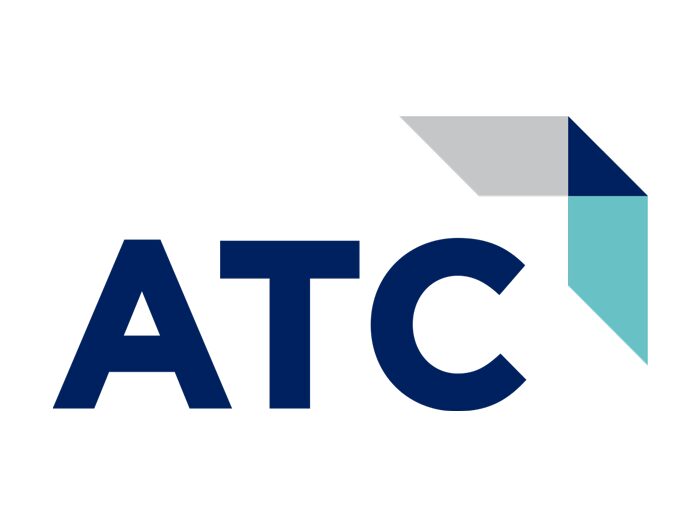
Cloud Data Services? No Worries
Are cloud data services intimidating or unclear to you? It’s completely normal to feel opposed to the whole concept of cloud computing and entrusting your company data with a third party that offers cloud data services.
According to Gartner, Inc., worldwide end-user spending on public cloud services is forecast to grow 20.7 percent to a total of $591.8 billion in 2023, up from $490.3 billion in 2022. Whether we like it or not, the cloud is here to stay.
So, why do everyday business people worry about the migration to cloud data services so much? Why have so many businesses come to accept it and even love it?
Cloud Computing Origins: Back in the ‘80s
The concept behind the cloud isn’t as new as you think it might be. Before the personal computing revolution of the 1980s, renting time from a large central mainframe was a common business practice.
However, with the technological revolution that caused an explosion in PCs and the massive cost reduction associated with running servers in one’s basement, it came to the point where it made little sense to rent out computing power from a third-party provider.
Economies of Scale: A Compelling Argument
Today, however, the cloud is back in action and is growing rapidly. Google drove the now commonplace all-cloud approach early through Google Docs, Gmail and Drive.
Most of the big-name tech providers offer a wide range of public cloud offerings, and thanks to economies of scale, customers can now access more computing power at much lower prices.
So why are many still worried about cloud data services?
Out-of-the-Loop and Insecure
There are many concerns businesses cite about cloud migration, and most commonly these relate to data security. By and large, cloud providers have managed to answer these concerns.
Given the stakes, it’s likely that the hyperscalers and private cloud providers of the world have implemented more security policies and procedures into their clouds than you could ever replicate with a comparable on-premises solution.
For some, the problem with the cloud is something much more fundamental, and it relates to certain principles. Migrating your organization to the cloud comes with giving up some of your liberty. Let’s dive into more detail.
Potential Cloud Concerns
When your company data is stored on Microsoft’s servers, for example, you essentially give up full ownership of it and become dependent on the service provider. This brings with it some potential complications.
Limited Customization Potential
In the past, with traditional purchases, when you bought a product, it was yours. You could do what you wanted with it. Customize it however you would like. Change everything. Break it if you wanted to.
But, in the cloud model of computing, that is easier said than done. If you buy a cloud-based version of a tool, you can’t really change aspects of the product itself. You pay a few dollars a month, meaning you always have the latest updates, but you have limited control over the updates the provider implements, and you can’t do any meaningful, drastic customization because the product doesn’t belong to you.
Some Vendors Control Data Retrieval Processes
A second issue for many is the notion of data dependence. It’s no secret that some cloud service providers don’t make it easy to retrieve your data from them or transfer it to one of their competitors. While you’re not completely “stuck,” some cloud vendors (but not all) make it more difficult and expensive to do what you want with your data.
Data Security Still Relies on Passwords
While most cloud providers promise top security for their data centers, most of them still depend on usernames and passwords to access their systems. Fundamentally, the only security protecting your data is a single password, and if your credentials are stolen, your data is vulnerable.
However, many of the cloud providers actively implement further protective measures, such as Multi-Factor Authentication (MFA) and behavior analytics to minimize any potential cybersecurity risks to your data.
Users Shift Autonomy of Data Management to a Third-Party Provider
Being responsible for your company’s data is about being sensible, mature, and managing your infrastructure well. In the cloud, that responsibility is simply shifted from you to a third-party provider.
The issue that some business owners have with outsourcing to a third party is the business owners not having the exclusive responsibility of managing their own business.
The Mind-Changing Argument
Given the above reservations about the cloud, how do other business owners make the shift to a cloud data services provider?
While the cloud may not have been an ideal fit with your business model before, it has come to align with the flexibility that reflects where your business stands today and what your current customers need.
Proud to Use Cloud Data Services
Customer needs have driven companies to move beyond the traditional IT model where they would invest huge sums of money in one specific product only to discover that it wasn’t a good fit for their business.
It’s not hard to see why the cloud renders that old business model obsolete: Pre-cloud, big tech providers used to hold all the cards, bug fixes happened on their schedule, not the clients’, and companies either had to buy from them or get left behind in the marketplace.
Power to the People
The most compelling argument for using cloud data services is that it has shifted the balance of power. Technology purchases have gone from being so large that they must be capitalized or leased, to monthly fees that can be allocated to operating budgets.
Additionally, service providers must now be responsive to their customers because if their customers don’t like the latest upgrade, their business can be taken to a lot of other competitors in the marketplace.
Ultimately, cloud data services offer much more give and take between vendors and customers. In the end, cloud data services prioritize customer needs and serve as a compelling argument for migrating. If you’re looking for a cloud data services provider or have any cloud questions, feel free to contact us.










